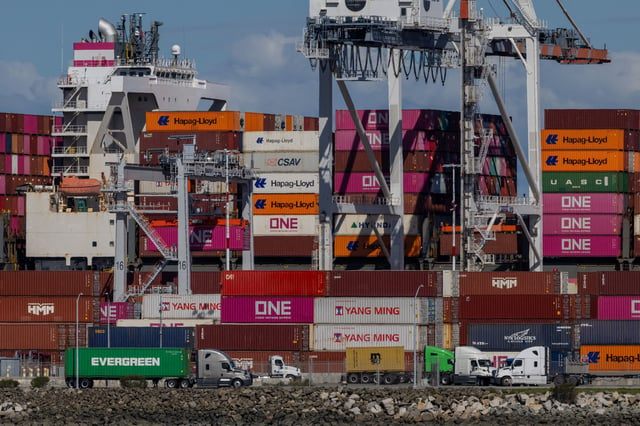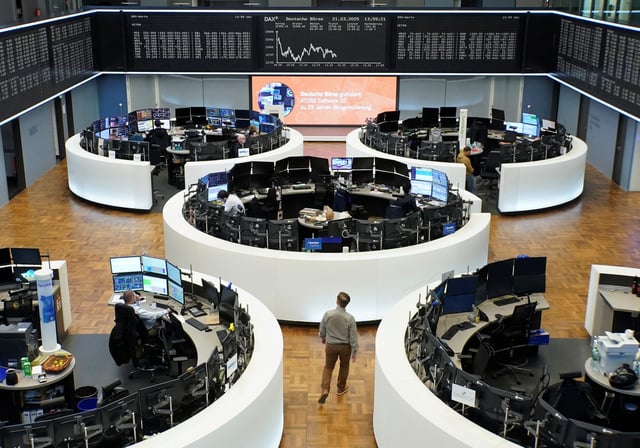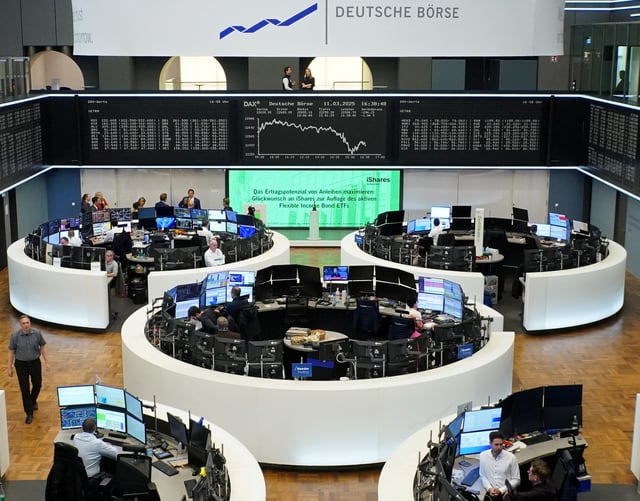Overview
- President Trump remains committed to imposing reciprocal tariffs on April 2, targeting countries with high tariffs on U.S. goods, but recent reports indicate possible exemptions for certain sectors and nations.
- The tariffs are expected to focus on a group of about 15 countries, dubbed the 'Dirty 15,' with significant trade surpluses with the U.S., while sectors like autos, semiconductors, and pharmaceuticals may be excluded.
- Global markets are reacting positively to hints of a more targeted approach, with U.S. stock futures rising and major indexes recovering from a weeks-long selloff.
- Economic analysts and the Federal Reserve continue to warn of inflation risks, economic uncertainty, and potential stagflation as a result of the tariff policy.
- Key trading partners, including the European Union and China, are preparing responses, with the EU delaying retaliatory measures and China engaging in dialogue with U.S. business leaders.



